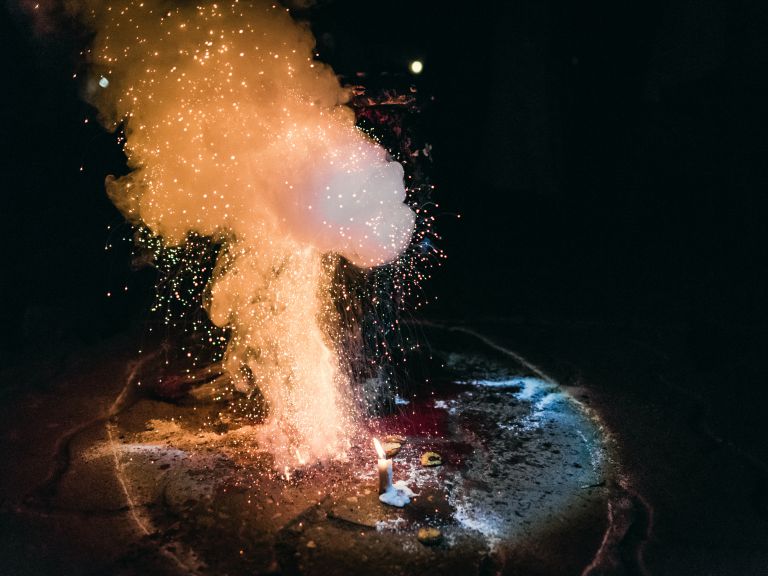Project Detail: Celebrating Vodun
Contest:
LuganoPhotoDays 2017
Brand:
LuganoPhotoDays
Author:
Lucia Perrotta
Project Info
Celebrating Vodun
Despite being rich in meaning, practices and traditions, Vodun is a religion which is usually associated only with animal sacrifices or black magic rituals and therefore it is one of the most misunderstood religions in the world.
Vodun religion is a complex system of beliefs which is based, rather than on religious texts, on a strong oral tradition handed down over the years from generation to generation. This is the first reason of many differences, mainly based on the African region where it started: Benin, Togo, Ghana and Nigeria. Today it is practiced by roughly 60 million people.
The word Vodun indicates the complex of religious practices and doctrines as well as any object produced by man (also known as “fetishes”) or by nature – e.g. a river, a tree, an animal – which is believed to be inhabited by supernatural and invisible entities.
Vodun is everything that exists, everything that constitutes both the visible and the invisible world: everything that exists is part and manifestation of an ancestral and eternal entity. The sacrifice of animals, the gift of their blood to divinities are a necessary means to enter a dialogue with the supernatural entities and with our ancestors’ world.
Vodun rituals are manifest and rich in dances, music, objects and animals, but their foundation is veiled by a secret that only adepts are allowed to know. The concept of secret in Vodun is full of strength and meaning: it’s the basis of religious knowledge itself and it is accessible only for those who consecrate many years of initiation to learning and practice.
Benin is the only African country where Vodun is recognized as an official religion; here the National Vodun Festival is celebrated on January 10th, a holiday attracting thousands of visitors every year.
Vodun is considered one of the oldest religions in the world, taking into account its origins linked to animism and polytheism.In Benin it is from the Reign of Dahomey (1600-1900) that the first researches try to give the religion an organic vision. Furthermore, the syncretism with the Catholic-Christian religion was formalized for the first time in Benin in the early 2000’s by Dah Alligbonon Akpochihala, Vodun scholar and priest, who has since then fought to protect Vodun tradition against the progress and the generational transitions.
If, on the one hand, its tradition seems unchangeable and maybe, for this very reason, doomed to vanish, on the other hand, through the above mentioned religious syncretism with Catholicism and other universal religions, everything appears ever-changing, shifting, with blurred boundaries and aimed at a transformation.


















